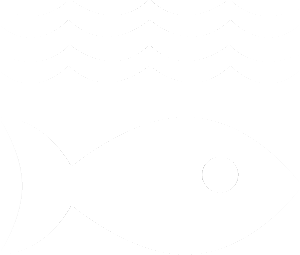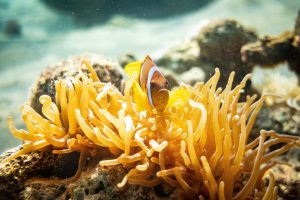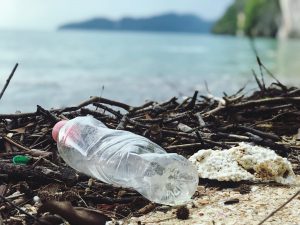Life Below Water


SDG 14- Cleaning Up Israel’s Beaches
Israel’s coastlines are under a looming threat. In a tiny country, where there are not enough beaches to begin with, hotels, restaurants and high-rise buildings crowd the shores. Infrastructure also takes up its share of the coastlines with power plants, ports, military bases and natural gas and desalination plants. Pollution is a huge problem as well, with plastic garbage thrown away by beachgoers comprising a staggering 92 percent of the waste found in Israel’s seawaters (the global average is only 75 percent).
Thankfully, there are great environmental stewardship examples by civil organizations and the government is not burying its head in the sand. Laws have been passed and programs adopted by the Ministry of Environmental Protection to mitigate and hopefully even reverse the depletion of Israel’s beaches. The Protection of the Coastal Environment Law came into effect in November 2004 and aims to:
- Protect the coastal environment from damage, restore and preserve the coasts
- preserve the coastal environment and the coastal sand
- establish principles and limitations for the sustainable management, development and use of the coastal environment.


The Clean Coast Program of the Ministry of Environmental Protection addresses the issue of pollution with the aim of cleaning and preserving the cleanliness of Israel’s undeclared beaches (beaches without lifeguards). The program, which was launched in 2005, has several components, including cleanup activities, education, and enforcement against polluters. Local authorities who fail to keep their coastlines clean will also face enforcement. All of Israel’s local authorities have joined the program, committing themselves to cleaning all undeclared beaches in their jurisdiction at least twice a week during the bathing season and once a week during the rest of the year.
The high-tech sector, for its part, is searching for creative solutions to the pollution problem on Israel’s beaches. Researchers are now looking into how jellyfish can be used to isolate microplastics in seawater and ocean water by creating a filter made out of jellyfish mucus. The filter would be used in wastewater treatment plants and industrial processes to dispose of waste. If the scientists can prove that jellyfish will willingly ingest plastic, it could have a great impact on the maritime environment. For now, they are waiting for summer to return – like the rest of the nation – so they can collect jellyfish and complete more tests. A win-win situation for everyone.
Related articles


SDG 14-Status Report: Environmental Protection – Part 2
Life Below Water Read Part 1 In Part 1 of this update we focused primarily on Israel’s efforts to clean up its air. Here we’ll


SDG 14-Disappearing Plastic ! Solutum’s remarkable innovation
Life Below Water It will be a momentous point in history when, after unwrapping the plastic off your new headphones or new top you throw


SDG 14-Ridding the Rivers of Waste
Life Below Water They seem to have a lower profile than the “blue lung” Mediterranean, and the “lowest point on earth” Dead Sea, but Israel’s


















